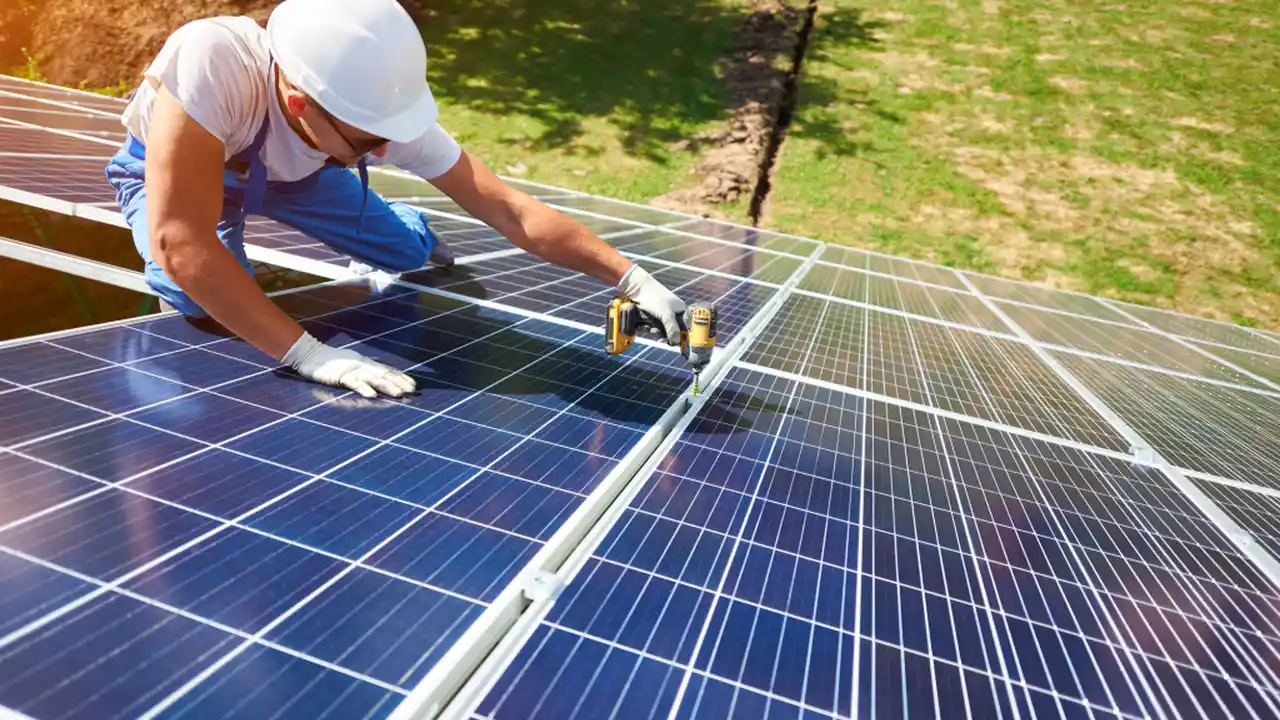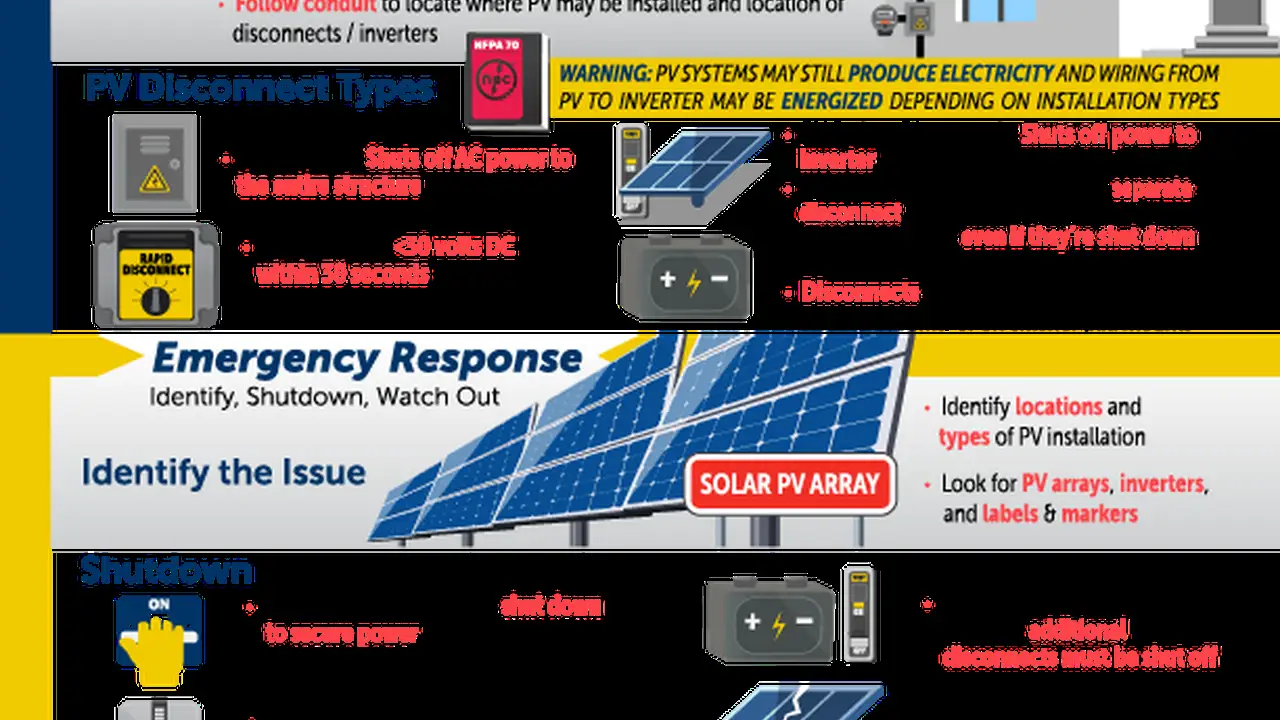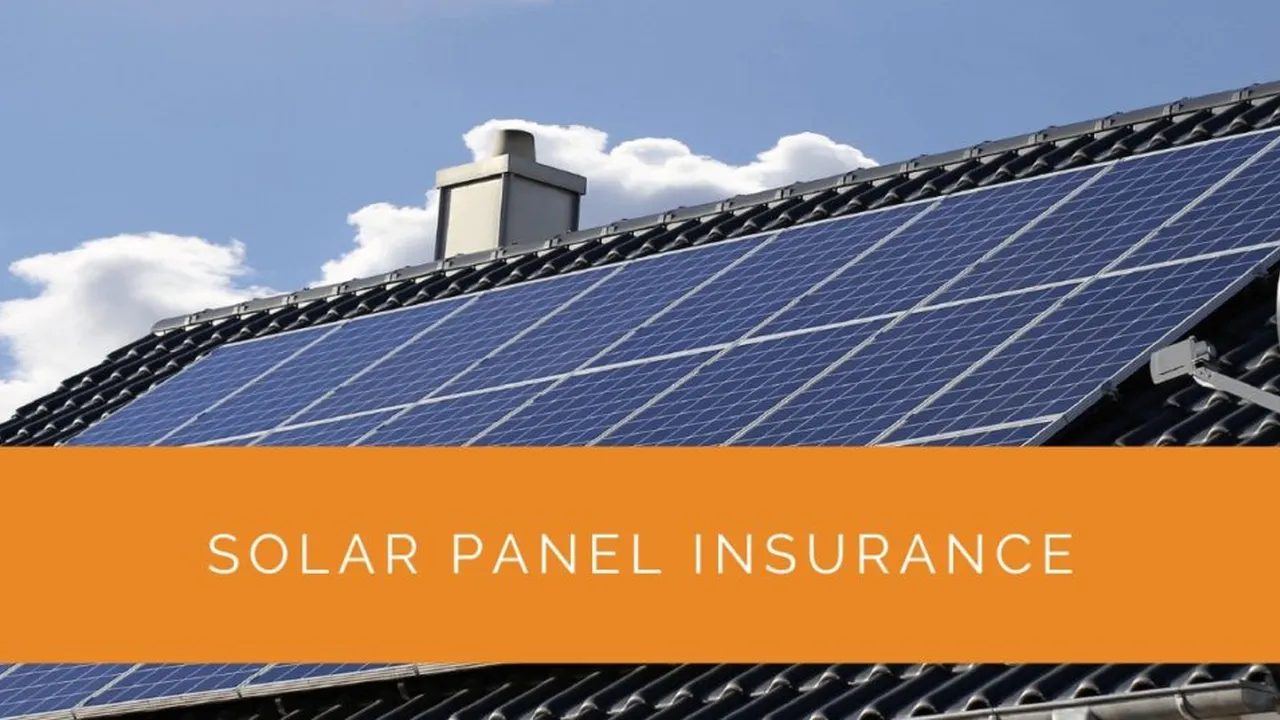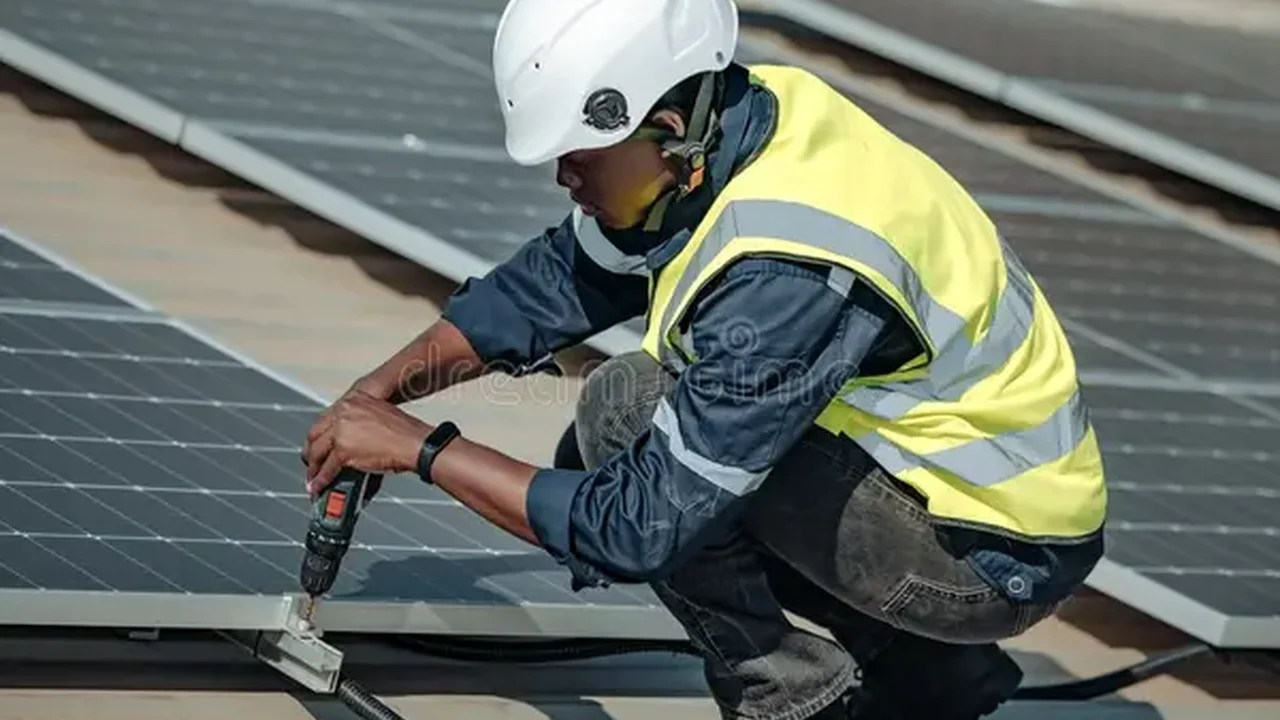How to Choose a Solar Panel Installer: Key Considerations

Understanding Your Solar Panel Needs and Goals
So, you're thinking about going solar? Awesome! That's a fantastic decision for both your wallet and the planet. But before you dive headfirst into this shiny new world of renewable energy, let's take a step back and figure out what you really need. What are your energy goals? Are you trying to eliminate your electric bill completely? Reduce it significantly? Or maybe you just want to be more environmentally conscious? Knowing your objectives is the first step in finding the right solar panel installer.
Think about your current energy consumption. Take a look at your past electricity bills. How much energy are you using each month? This will give you a good idea of the size of the solar panel system you'll need. Also, consider future energy needs. Are you planning on adding an electric vehicle? Building an addition to your home? These things will impact your energy consumption and should be factored into your calculations.
Checking Credentials and Experience of Solar Panel Installers
Alright, you know what you want. Now it's time to find someone to make it happen. But not just anyone! You need a qualified and experienced solar panel installer. This isn't like hanging a picture on the wall; it's a complex process that requires specialized knowledge and skills.
First, check their credentials. Are they licensed and insured? This is absolutely crucial. A licensed installer has met certain requirements and passed exams to demonstrate their competence. Insurance protects you in case of accidents or damage during the installation process. Don't be afraid to ask for proof of both.
Next, look at their experience. How long have they been in business? How many solar panel systems have they installed? A reputable installer will have a track record of successful installations and satisfied customers. Ask for references and check online reviews. Sites like Yelp, Google Reviews, and the Better Business Bureau can provide valuable insights into an installer's reputation.
Evaluating Warranties and Guarantees for Solar Panel Systems
Warranties are your safety net. They protect you against defects in the solar panels and the installation itself. Make sure you understand the warranties offered by the installer and the manufacturer of the solar panels. Typically, you'll see warranties covering the panels' performance (power output) and the workmanship of the installation.
Pay attention to the length of the warranties and what they cover. A good performance warranty should guarantee a certain percentage of power output for at least 25 years. A workmanship warranty should cover any defects in the installation for several years. Read the fine print and make sure you're comfortable with the terms and conditions.
Don't hesitate to ask the installer to explain the warranties in detail. A reputable installer will be transparent and willing to answer all your questions.
Getting Multiple Quotes and Comparing Solar Panel System Prices
Don't settle for the first quote you receive. Get quotes from multiple installers and compare them carefully. Price is important, but it shouldn't be the only factor you consider. Look at the overall value you're getting, including the quality of the solar panels, the expertise of the installer, and the warranties offered.
When comparing quotes, make sure you're comparing apples to apples. Are the quotes for the same size system? Do they include the same components? Are there any hidden fees or charges? A good installer will provide a detailed breakdown of the costs involved.
Be wary of installers who offer unrealistically low prices. This could be a sign of inferior quality or a lack of experience. Remember, you get what you pay for.
Understanding Solar Panel System Financing Options and Incentives
Solar panel systems can be a significant investment, but there are various financing options available to make them more affordable. You can pay cash, take out a loan, or lease the system. Each option has its pros and cons, so it's important to weigh them carefully.
Solar loans allow you to own the system and benefit from the energy savings and tax credits. Leases, on the other hand, allow you to use the system without owning it. This can be a good option if you don't want to deal with the upfront costs or the maintenance responsibilities.
Also, be sure to check for any available incentives, such as tax credits, rebates, and grants. These incentives can significantly reduce the cost of your solar panel system. The federal government offers a tax credit for solar energy systems, and many states and local governments offer additional incentives. Your installer can help you navigate the available incentives and apply for them.
Specific Solar Panel Product Recommendations and Comparisons
Okay, let's talk about some actual panels! This is where things get interesting. The market is flooded with different brands and models, each with its own set of features and benefits. Here are a few recommendations, keeping in mind that the "best" panel really depends on your specific needs and budget.
High-Efficiency Options for Limited Roof Space: SunPower Maxeon Series
If you're short on roof space but still want to maximize your energy production, the SunPower Maxeon series is worth considering. These panels are known for their exceptional efficiency, meaning they can generate more power per square foot than most other panels on the market. They also boast impressive durability and a long lifespan, backed by a 25-year warranty. Expect to pay a premium for this top-tier performance, typically around $3.00 - $4.00 per watt.
Typical Use Case: Homes with limited roof space, high energy consumption, or homeowners who prioritize long-term performance and reliability.
Mid-Range Performance and Value: REC Alpha Series
The REC Alpha series offers a great balance of performance, reliability, and affordability. These panels are known for their half-cut cell technology, which improves efficiency and reduces the impact of shading. They also come with a solid 25-year warranty. Expect to pay around $2.50 - $3.50 per watt.
Typical Use Case: Homes with average energy consumption, homeowners who want a good balance of performance and value, and those who experience partial shading on their roof.
Budget-Friendly Option: Q CELLS Q.PEAK DUO Series
If you're looking for a more budget-friendly option, the Q CELLS Q.PEAK DUO series is a solid choice. These panels offer decent performance and reliability at a more affordable price point. They also come with a 25-year warranty. Expect to pay around $2.00 - $3.00 per watt.
Typical Use Case: Homes with ample roof space, homeowners who are on a tight budget, and those who are primarily focused on reducing their electricity bill.
Comparing the Options: A Quick Table
| Panel Brand & Series | Efficiency | Warranty | Estimated Price (per watt) | Best For |
|---|---|---|---|---|
| SunPower Maxeon | 22.8% | 25 years | $3.00 - $4.00 | Limited roof space, premium performance |
| REC Alpha | 21.7% | 25 years | $2.50 - $3.50 | Balanced performance and value |
| Q CELLS Q.PEAK DUO | 20.9% | 25 years | $2.00 - $3.00 | Budget-conscious homeowners |
Important Note: These prices are estimates and can vary depending on your location, the installer, and the specific system configuration. Always get multiple quotes to compare prices and find the best deal.
Understanding the Solar Panel Installation Process and Timeline
So, you've chosen your installer and your panels. What happens next? Here's a general overview of the solar panel installation process:
- Site Assessment: The installer will visit your home to assess your roof, electrical system, and shading conditions.
- System Design: Based on the site assessment, the installer will design a custom solar panel system for your home.
- Permitting: The installer will obtain the necessary permits from your local government.
- Installation: The installer will install the solar panels on your roof and connect them to your electrical system.
- Inspection: A local government inspector will inspect the installation to ensure it meets safety standards.
- Interconnection: The installer will connect your solar panel system to the grid.
- Activation: Your solar panel system will be activated, and you'll start generating clean energy!
The entire process can take anywhere from a few weeks to a few months, depending on the complexity of the installation and the permitting process. Your installer will provide you with a detailed timeline and keep you informed every step of the way.
Maintaining Your Solar Panel System for Optimal Performance
Once your solar panel system is up and running, it's important to maintain it properly to ensure optimal performance. Fortunately, solar panel systems are relatively low-maintenance. Here are a few tips:
- Keep the panels clean: Dust, dirt, and debris can reduce the amount of sunlight that reaches the panels. Clean the panels periodically with water and a soft brush.
- Monitor the system's performance: Most solar panel systems come with monitoring software that allows you to track their energy production. Check the monitoring system regularly to identify any potential problems.
- Schedule regular inspections: Have your solar panel system inspected by a qualified technician every few years to identify any potential issues and ensure it's operating safely and efficiently.
With proper maintenance, your solar panel system can provide you with clean, affordable energy for decades to come.
:max_bytes(150000):strip_icc()/277019-baked-pork-chops-with-cream-of-mushroom-soup-DDMFS-beauty-4x3-BG-7505-5762b731cf30447d9cbbbbbf387beafa.jpg)






